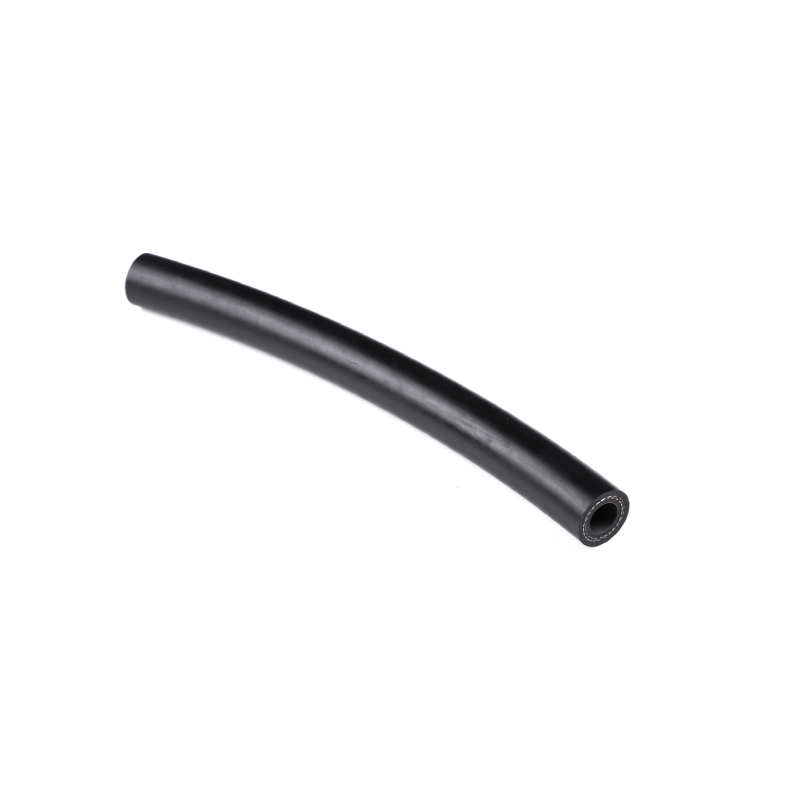Durable Rubber Fuel Lines for Diesel Engines and Their Benefits
Nov . 26, 2024 18:33 Back to list
Durable Rubber Fuel Lines for Diesel Engines and Their Benefits
The Importance of Diesel Rubber Fuel Lines in Automotive Applications
Diesel engines continue to play a vital role in a wide array of applications, ranging from heavy machinery to commercial vehicles. One critical yet often overlooked component in these systems is the diesel rubber fuel line. As the conduit for fuel from the tank to the injector, the functionality and durability of the fuel line can have significant implications for the efficiency and safety of the entire engine system. In this article, we will explore the importance of diesel rubber fuel lines, their construction, potential issues, and maintenance considerations.
Understanding Diesel Rubber Fuel Lines
Diesel rubber fuel lines are engineered to transport fuel safely under various conditions. Unlike gasoline, diesel has unique properties that necessitate specialized materials for effective containment and distribution. The material used in these fuel lines must endure not only the fuel's chemical characteristics but also the environmental challenges posed by temperature fluctuations and exposure to various contaminants.
Typically constructed from a blend of rubber compounds fortified with additives, these fuel lines are designed to be flexible yet robust. They frequently feature a multi-layer construction that reinforces their resistance to pressures and punctures while preventing leaks. Moreover, the choice of material is critical, as it directly influences the line’s longevity, performance, and ability to withstand diesel fuel’s corrosive nature.
Common Issues with Diesel Rubber Fuel Lines
While diesel rubber fuel lines are durable, they are not impervious to wear and tear. Over time, exposure to heat, cold, and chemicals can lead to deterioration. Common issues include
1. Cracking and Leaking As rubber ages, it can become brittle, leading to cracks. These cracks can become entry points for air, which can disrupt the fuel flow and compromise engine performance. Leaks pose a safety risk as diesel fuel is flammable and can lead to hazardous situations.
2. Swelling and Softening Prolonged exposure to diesel and other engine fluids can cause the rubber to swell or soften, altering its dimensions and potentially leading to blockages in the fuel line.
diesel rubber fuel line

3. Contamination Diesel fuel isn’t always pure; contaminants can enter the fuel system, leading to deposits that can clog fuel lines or damage the injection system. A compromised fuel line can exacerbate these issues by allowing further degradation of the fuel quality.
Maintenance and Inspection
Given the critical role that diesel rubber fuel lines play, regular inspection and maintenance are essential to ensure optimal performance. Here are some key practices to consider
- Visual Inspections Regularly check fuel lines for visible signs of wear, including cracks, leaks, or swelling. Pay attention to the areas where the line bends or connects to various components, as these are often stress points.
- Monitor Engine Performance If you notice a drop in engine performance, unusual noises, or increased fuel consumption, it may indicate a problem with the fuel line or the overall fuel system.
- Replacement Schedule It’s advisable to replace diesel rubber fuel lines at regular intervals—usually recommended every four to six years, depending on usage and environmental conditions. Consulting your vehicle’s manual or a professional mechanic can provide guidance tailored to your specific situation.
- Quality Parts When replacing fuel lines, ensure that you use high-quality, OEM (Original Equipment Manufacturer) parts designed for diesel applications. This choice can prevent future issues and enhance overall engine performance.
Conclusion
Diesel rubber fuel lines are an integral component of diesel fuel systems, bridging the critical gap between the fuel tank and the engine. Their proper maintenance is essential for ensuring smooth engine operation, optimal fuel efficiency, and safety. By understanding the common issues associated with these fuel lines and adhering to a proactive maintenance schedule, vehicle owners and operators can prevent costly repairs and downtime. In the long run, investing in quality diesel rubber fuel lines and regular inspections will help maintain the reliability and efficiency of diesel-powered vehicles and equipment, contributing to a more sustainable and efficient operation.
